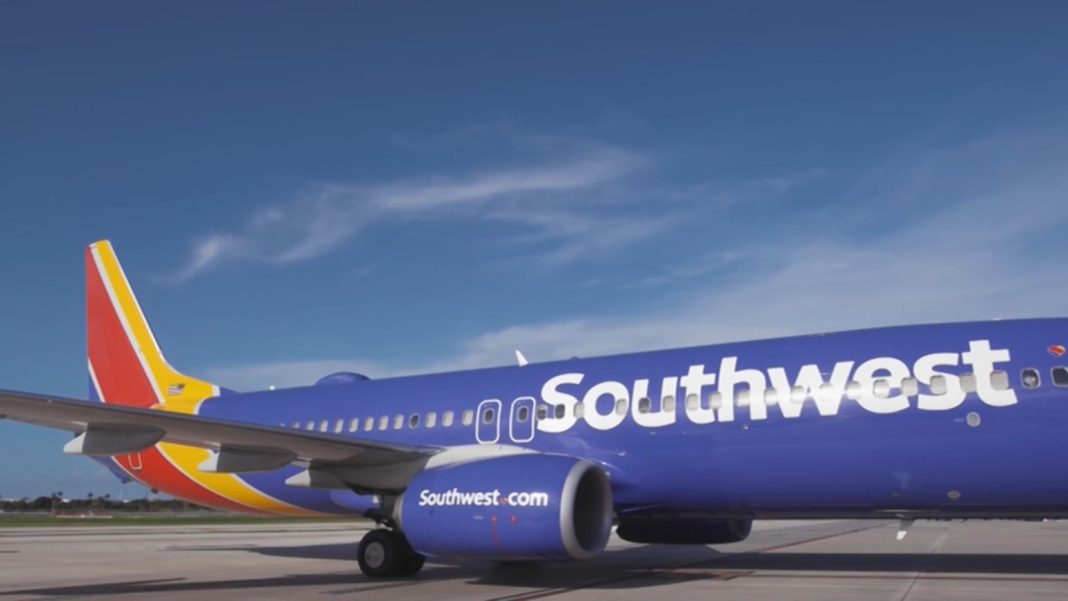Southwest Airlines, a carrier long celebrated for its unique open seating policy, is poised for a seismic shift in its operational framework. However, this transformation is still a distant prospect, with the airline announcing that the long-anticipated introduction of reserved seating will not happen until late 2025, with actual availability on flights only expected in early 2026. This change marks a significant departure from a business model that has defined Southwest for over 53 years.
The pivotal decision to move away from open seating was revealed in July, and since then, the airline has faced mounting expectations from its customers. In fact, recent surveys indicate that a whopping 80% of Southwest’s passengers—alongside 86% of travelers who frequently choose other airlines—prefer assigned seating. This customer sentiment underscores a broader trend in the airline industry where the demand for assigned seats has grown substantially.
As the CEO of Southwest Airlines, Robert Jordan, explained during an investor briefing, the airline’s strategy for assigned seating has been in development for some time, even prior to pressure from activist shareholders such as Elliott Investment Management. This group has called for significant changes within the company, including the possible overhaul of its leadership, to enhance profitability. The timing of the announcement raises questions about whether the move was driven more by shareholder influence than consumer demand.
In addition to shifting seating paradigms, Southwest is also venturing into the realm of premium seating for the first time. This will introduce a tiered seating arrangement, a concept that has been standard practice among most major airlines. However, the details surrounding this premium offering, particularly concerning the amount of legroom and the specific dates for availability, remain vague.
While some passengers may find themselves eager for these changes, they may also feel let down by the timeline. Many have awaited the comfort of assigned seating, and the delay until 2026 could dampen enthusiasm. The open seating policy, although a hallmark of Southwest’s brand, has increasingly become a point of contention in an era where traveler expectations are evolving rapidly.
In a related announcement, Southwest confirmed that it would maintain its policy of allowing passengers to check the first two bags for free—a distinction that sets it apart from many competitors who charge fees for this service. In the first half of this year alone, U.S. airlines collectively raked in $3.7 billion in baggage fees, with Southwest capturing just 1% of that revenue due to its generous baggage policy. Jordan noted that the “Bags Fly Free” initiative is a critical factor in customer choice, and altering this policy could lead to a decline in demand that outweighs any potential revenue from introducing baggage fees.
Moreover, Jordan emphasized that charging for checked bags could lengthen boarding times as travelers scramble to find space for their carry-on luggage, thereby complicating the airline’s turnaround strategy—a key focus for improving profitability.
In a bid to enhance its international presence, Southwest also announced plans to launch partnerships with foreign airlines, beginning with an alliance with Icelandair set for next year. This move comes as Southwest seeks to bolster its international offerings, which are considerably less extensive than those of its larger rivals—American, United, and Delta. With this partnership, Southwest aims to connect more effectively with overseas markets, enhancing the travel options available to its passengers.
In a final note to investors, the airline disclosed a significant plan to repurchase $2.5 billion of its shares, a strategy that could bolster its stock price. The announcement had an immediate positive impact, with shares rising over 6% in pre-market trading—a testament to investor confidence in the airline’s future direction.
Overall, Southwest Airlines stands at a crossroads. The impending changes to its seating policy and international partnerships signal a willingness to adapt to a more competitive landscape. However, the success of these initiatives will ultimately depend on how well the airline can balance its storied past with the demands of today’s travelers. As the aviation industry continues to evolve, Southwest will need to navigate these waters carefully to maintain its reputation and profitability.

